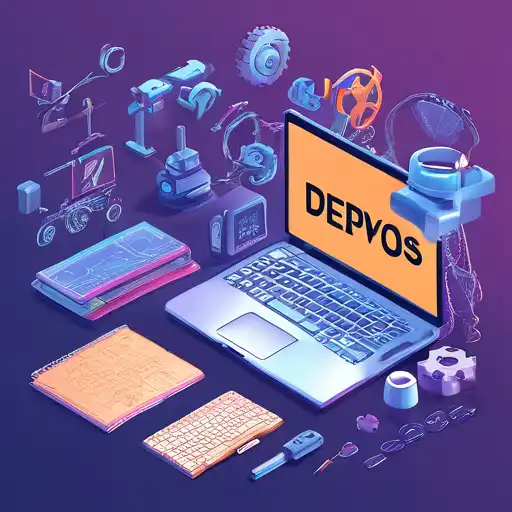Introduction to DevOps in 2023
As we step into 2023, the DevOps landscape continues to evolve, bringing forward tools that streamline development and operations processes. This guide highlights the essential DevOps tools you need to know to stay ahead in the fast-paced world of software development.
Why DevOps Tools Matter
DevOps tools are the backbone of modern software development, enabling teams to achieve continuous integration and delivery (CI/CD), automate repetitive tasks, and ensure seamless collaboration between development and operations teams.
Top DevOps Tools for 2023
1. Kubernetes
Kubernetes remains a cornerstone for container orchestration, allowing teams to manage containerized applications across multiple hosts with ease. Its scalability and flexibility make it indispensable for DevOps teams.
2. Docker
Docker continues to be a vital tool for creating, deploying, and running applications in containers. Its lightweight nature ensures that applications run smoothly in any environment.
3. Jenkins
Jenkins is an open-source automation server that supports building, deploying, and automating any project. Its extensive plugin ecosystem makes it a favorite among DevOps professionals.
4. Terraform
Terraform by HashiCorp is a must-know tool for infrastructure as code (IaC). It enables teams to define and provision data center infrastructure using a declarative configuration language.
5. Ansible
Ansible simplifies automation, configuration management, and application deployment. Its agentless architecture and simple syntax make it accessible to beginners and experts alike.
Emerging DevOps Tools to Watch
Beyond the established tools, several emerging technologies are gaining traction in the DevOps community. Tools like Argo CD for GitOps workflows and Tekton for CI/CD pipelines are worth exploring for teams looking to innovate.
Choosing the Right DevOps Tools
Selecting the right DevOps tools depends on your team's specific needs, project requirements, and existing infrastructure. Consider factors like compatibility, community support, and learning curve when making your decision.
Conclusion
The DevOps tools landscape in 2023 offers a mix of established and emerging technologies designed to enhance efficiency and collaboration. By staying informed and choosing the right tools, teams can achieve remarkable results in their software development projects.
For more insights into DevOps and software development, explore our technology blog.
